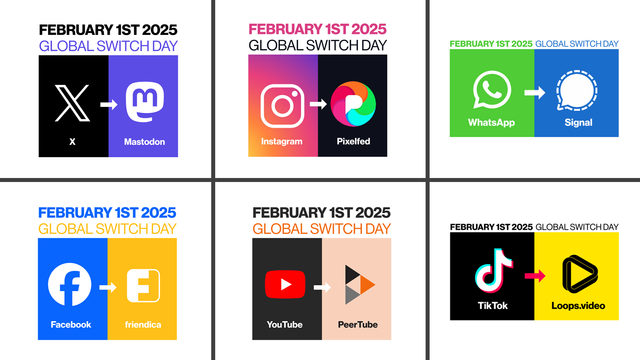Perception, a fundamental aspect of human experience, raises questions throughout history about the nature of reality and our place in it. Rooted in the structure of our being, like a lens through which we interpret and orient ourselves in the external world. Each individual's perception is shaped by a complex interplay of evolutionary adaptations, personal experiences, and cognitive filters. Thanks to the theory of natural selection, we know that every living being's perception has been evolutionarily adapted to the environment it lives in to help it survive and reproduce. Thus, everyone perceives mainly what they need. In every sensing, we abstract, reduce and interpret the surrounding reality. As a result, the idea of a unified world view, separate from subjective perception, breaks down.
At the heart of these considerations lies the idea that the world as we perceive it is merely an abstraction of information obtained from the environment. We construct our own version of reality, divorced from the true nature of the original stimuli. Our mind, in its relentless pursuit of making sense of the world, is constantly translating raw data into meaningful representations. In the process, however, without our knowledge, we are distancing ourselves from the original nature of the stimuli.


